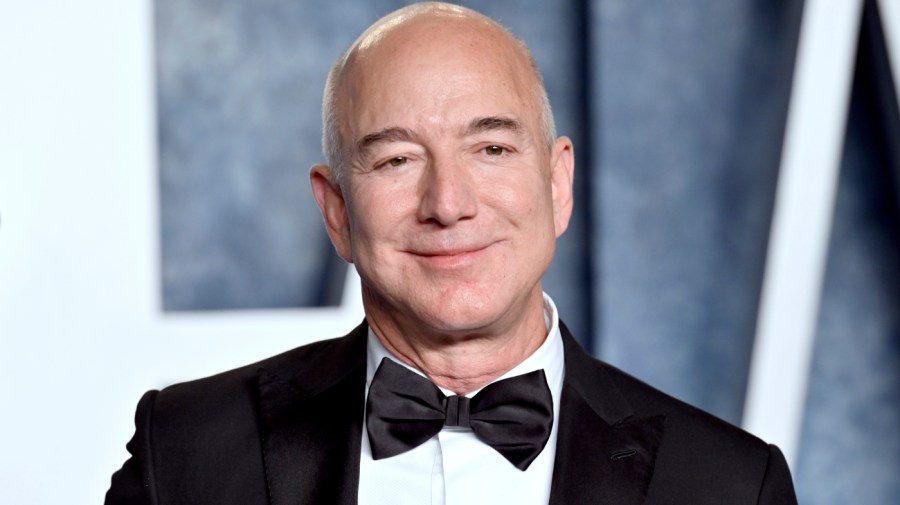New Yorker editor David Remnick criticized Jeff Bezos in a new interview for killing The Washington Post’s endorsement of Vice President Harris less than two weeks before the election.
The decision not to endorse was announced less than two weeks before the election, spurring resignations from the Post’s editorial board and condemnation from many voices in Democratic politics and the media.
Remnick, who used to work at the Post, weighed in on the controversy in an interview with Status’s Oliver Darcy published Sunday.
“If Jeff Bezos had said, two years ago, that he thought the editorial page should get rid of endorsements — all of them — you could argue the case one way or another,” Remnick said.
“But to do it just days before an election, when a threatening demagogue was the favorite to win the election and your editors had prepared an endorsement of his opponent and you smothered it — well, that is an act that has a very different fragrance.”
The Washington Post reported that a Harris endorsement had already been written when Bezos personally decided to block it.
Bezos, who also owns Amazon, defended his decision to break with more than 35 years of tradition in an op-ed one week before the election. He said his goal was not to advance his own business interests, as many have speculated, but instead to uphold the Post’s reputation at a time when trust in the media is eroding.
“What presidential endorsements actually do is create a perception of bias,” Bezos wrote. “A perception of non-independence. Ending them is a principled decision, and it’s the right one.”
“I would also like to be clear that no quid pro quo of any kind is at work here. Neither campaign nor candidate was consulted or informed at any level or in any way about this decision. It was made entirely internally,” Bezos added.
The decision from Bezos came as the Post is going through a rocky leadership transition under CEO Will Lewis and struggling to reverse falling readership and revenues. The outlet reportedly lost tens of thousands of subscribers over the endorsement decision.
Trump has repeatedly threatened to go after media outlets, including television networks, that he perceives as damaging him or showing favor to his opponents. Yet his first administration saw many media outlets experience a “Trump bump” in their readership and finances.
Remnick told Darcy he was concerned about the media business being at a “low point” as Trump was returning to office.
“We have to find new ways to make these institutions, the best of them, work. But I don’t think that’s an excuse for capitulation to power,” he said.

